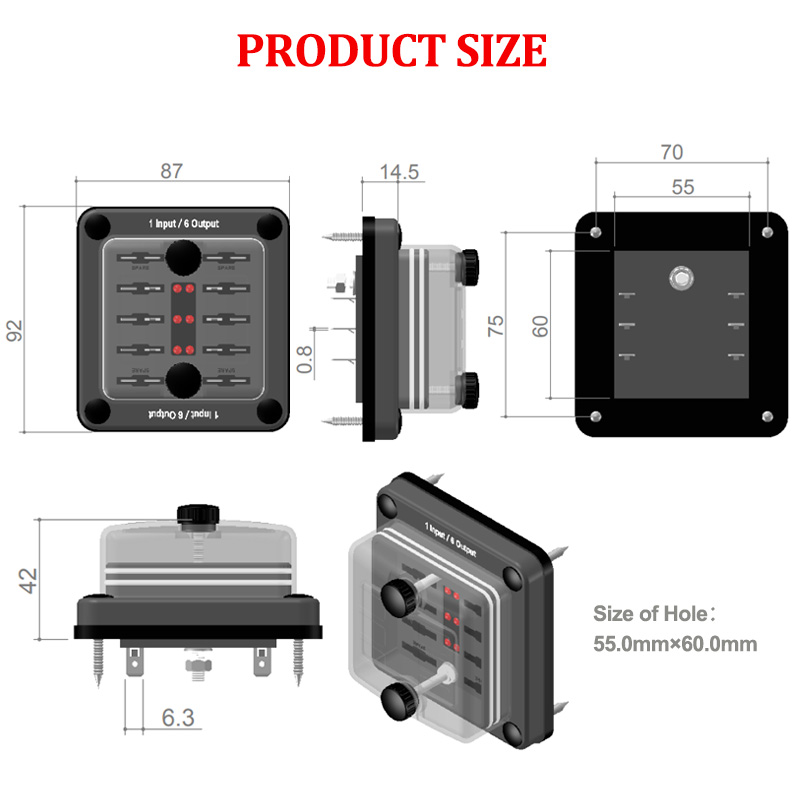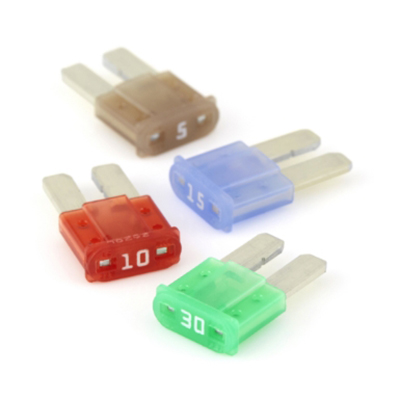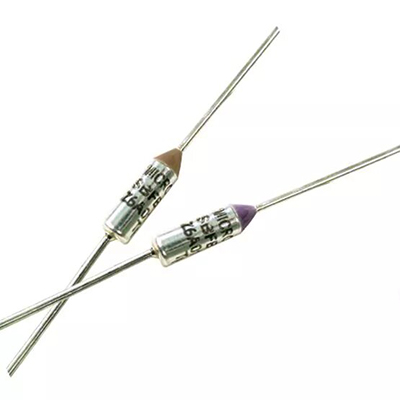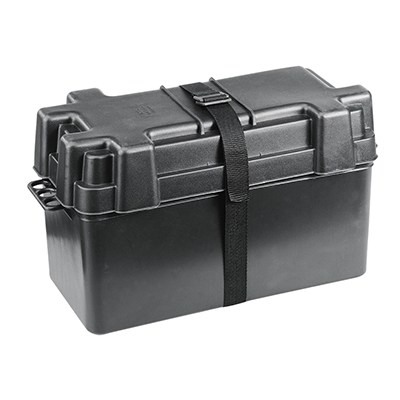Essential Guide to CE and RoHS Certification Standards for Car Fuse Holders
News 2025-10-20
Car fuse holders are critical components in automotive electrical systems, ensuring the safe operation of circuits by protecting against overcurrent. As vehicles become more advanced, compliance with international standards like CE and RoHS is vital. CE certification marks products as meeting EU safety, health, and environmental requirements, while RoHS restricts hazardous substances, promoting sustainability. This guide explores these standards in the context of car fuse holders, highlighting their role in enhancing reliability and market access for manufacturers and users alike.

CE Certification Requirements for Fuse Holders
CE certification involves rigorous testing to ensure fuse holders comply with directives such as the Low Voltage Directive and EMC standards. For automotive applications, this means fuse holders must withstand vibrations, temperature extremes, and electrical stresses typical in vehicles. Key requirements include material durability, secure mounting, and resistance to corrosion, which are essential for safety in scenarios like engine compartments or dashboard integrations. This certification not only boosts product trustworthiness but also facilitates export to European markets, giving manufacturers a competitive edge.
RoHS Compliance and Its Impact on Automotive Components
RoHS compliance focuses on eliminating hazardous materials like lead and mercury from electrical products, directly affecting fuse holder construction. In car applications, this translates to using eco-friendly materials that maintain performance under harsh conditions, such as high heat or moisture. Benefits include reduced environmental impact and improved longevity, as compliant holders resist degradation better. For instance, in electric vehicles, RoHS-adherent fuse holders support efficient energy management, enhancing overall system reliability and aligning with global sustainability goals.
Frequently Asked Questions
1. What is the significance of CE certification for car fuse holders?
Answer: CE certification confirms that fuse holders meet essential safety and performance standards, ensuring they are suitable for use in automotive environments and compliant with EU regulations.
2. How does RoHS compliance benefit the design of fuse holders?
Answer: RoHS compliance encourages the use of safer, non-toxic materials, which improves the environmental footprint and durability of fuse holders in long-term automotive applications.
3. Why should automotive manufacturers prioritize these certifications?
Answer: Prioritizing CE and RoHS certifications helps avoid legal issues, enhances product safety, and opens up international markets, ultimately boosting brand reputation and customer trust.


